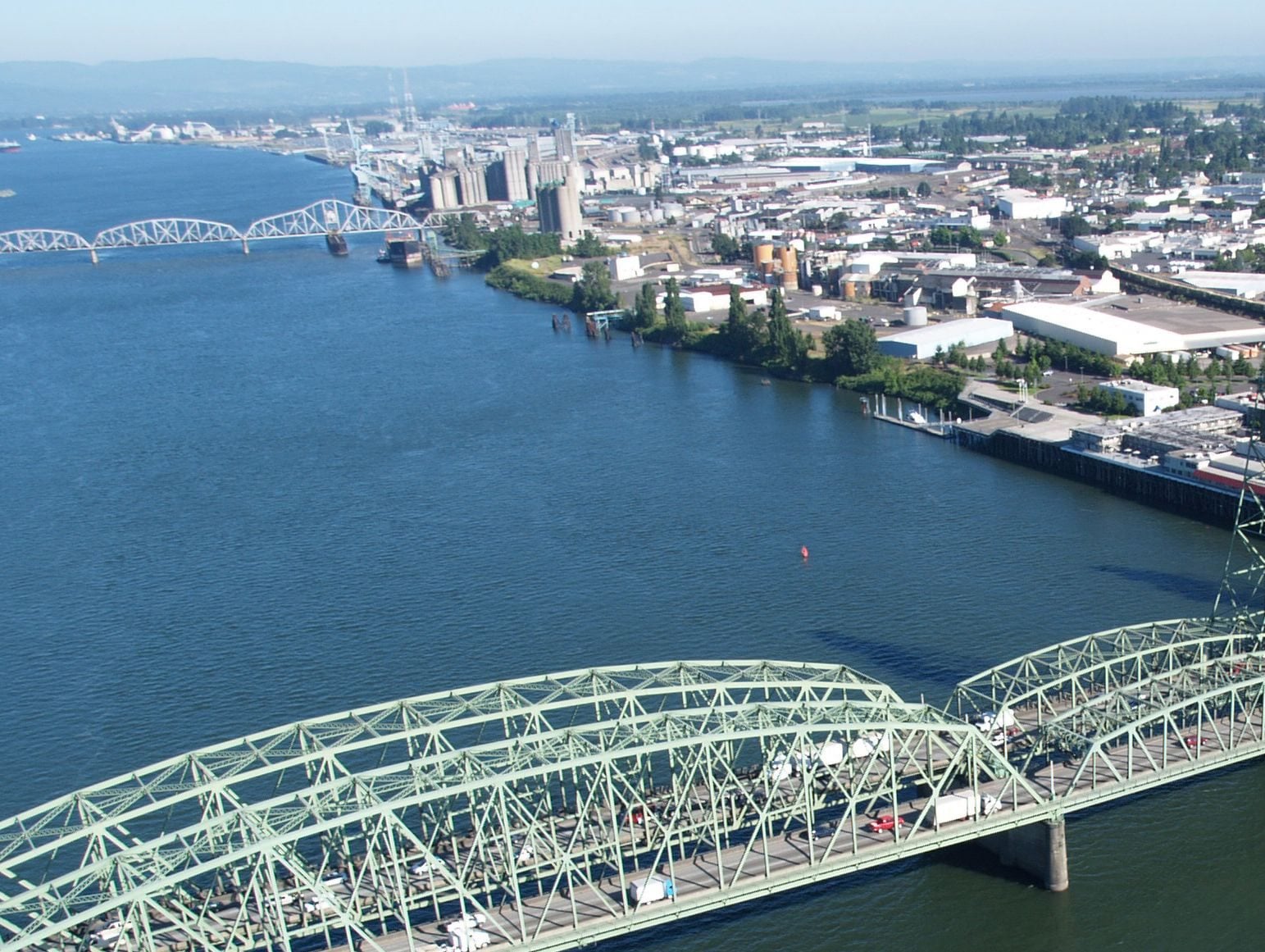Columbia River Crossing planners have cut $100 million from the project cost estimates due to the selection of a simpler bridge design, increased certainty of the construction schedule, and other factors, they announced Friday.
The $100 million cut — less than 3 percent of total costs — brings the cost estimate for the project to $3.1 billion to $3.5 billion, the CRC said in a news bulletin.
The estimate is part of an annual process that helps the project manage risks and reduce cost overruns.
The project said its lowered cost estimates resulted from the selection of a deck truss bridge type; increased knowledge of soil conditions from geotechnical boring; receipt of a biological opinion from the National Marine Fisheries Service; and refinement of interchange designs.
“The direction last spring from Gov. (Chris) Gregoire and Gov. (John) Kitzhaber on bridge type allowed us to move forward on a solid path to meet the current schedule,” Oregon Transportation Director Matt Garrett said in the release. “We were also able to realize cost savings from increased certainty on our construction approach and design details as we learned more about soil structure in the corridor.”
The announcement of a lower cost comes about a month after Oregon Treasurer Ted Wheeler released a report saying that tolling on the project will fall short by up to $598 million.
Finding that funding may also be difficult; as The Columbian reported last month, congressional delegates have serious concerns about securing much-debated federal transportation funding, while both Oregon and Washington are expected to come up with $450 million each, likely through new tax and fee packages.
The project is also likely to phase the construction of the seven planned interchanges to lower immediate costs, building as funding becomes available.
Discussions are continuing about the best sequence for the construction, which is expected to begin in 2013 and last for five to seven years, said CRC spokeswoman Mandy Putney.
Putney said the project’s schedule has not changed since the treasurer’s report.
Already, the CRC’s plans include delaying the construction of the flyover ramp from Victory Boulevard to Marine Drive in Portland, as well as the interchange at State Highway 500. That decision, made last year, helped slash $650 million from projected costs, she said.
Andrea Damewood: 360-735-4542, andrea.damewood@columbian.com, facebook.com/reporterdamewood or twitter.com/col_cityhall.



